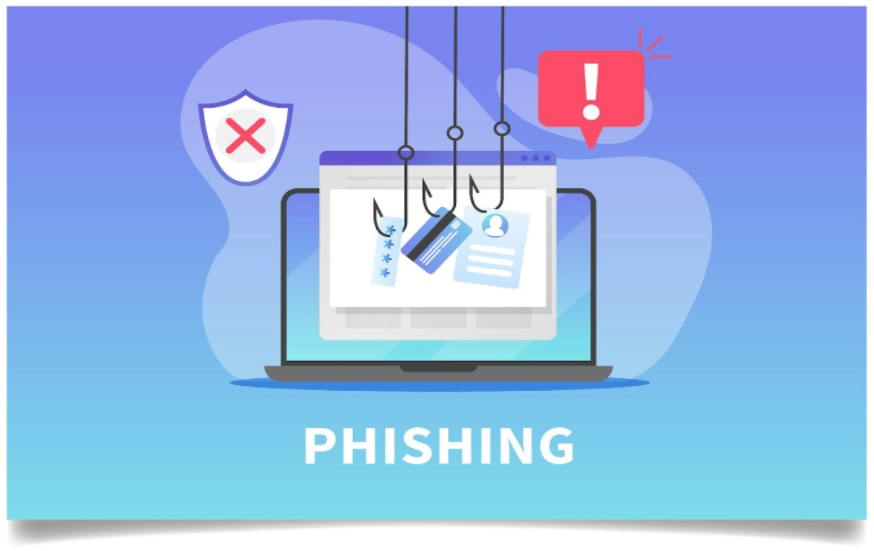Data is often considered the life force of an organization. Business data includes crucial and sensitive information that your business needs to protect, such as client’s data, financial records, corporate documents, and more. Without these, businesses—no matter how large or small—will cease to operate, causing significant damage to their reputation and revenues.
Due to this growing threat, all businesses are putting more focus on keeping their data from being accessed by outside parties such as hackers. According to experts, data breaches can cost millions of dollars per attack. To prevent these unfortunate situations, you need more than just a simple security product. Instead, you need comprehensive cyber security solutions.
IT experts have been designing security solutions best suited for business needs, preventing most possible threats that may come your way. Speaking of threats, you might want to be aware of what cybercriminals use to penetrate your system. So, here are the most prominent and challenging cyberattacks and cyberthreats all businesses should know:
Ransomware
Ransomware is one of the most common but deadly cyberattacks that may happen to your business. This potent threat attacks thousands of businesses every year. Unfortunately, as the technology used to enhance your security evolves, so does the ransomware. During the invasion, the cybercriminal will hold all your data locked with an encryption key. And in obtaining this key, a ransom must be made. Hence, the name ransomware.
However, the common targets of ransomware are small businesses and the healthcare sector, with an average ransom demand of USD$110,000. These businesses have no choice but to pay for the ransom. Otherwise, they would be leaving their business in ruin without even a single piece of data to work on. Those who don’t have the money to pay the ransom often close down.
To prevent this, the best thing you can do is to create additional backup storage or use cloud-based storage for more robust protection.
Phishing
Phishing could be the most damaging and extensive form of cyberattack, causing significant damages, primarily to small businesses. However, even large corporations may still be vulnerable to this threat, especially if they show their weakness to cybercriminals. According to experts, phishing is responsible for billion-dollar business losses every year. So, how does phishing works?
Phishing starts when a cybercriminal copies a trusted web source and leads users to click a malicious link, which allows the malicious party to gain access to sensitive data and account credentials or download an infected file. Like ransomware, phishing is becoming more challenging to address.
Furthermore, unlike other malicious attacks, phishing relies on human interaction rather than technological weaknesses. Seen from a different perspective, the idea of phishing is actually brilliant as it uses human errors and bypasses strong security to wreak havoc on business data. For this reason, multi-layer protection would be needed to prevent your company from falling victim to phishing.
Malware
Malware is another prominent and dangerous form of cyberattack threatening businesses. In fact, viruses and trojans are nothing compared to malware. So, how does it attack your IT infrastructure?
Malware is a malicious set of codes that give cybercriminals access to your sensitive data, which they steal or eliminate. Usually, malware may be introduced to your business’s IT infrastructure due to someone’s carelessness when they download malicious files, respond to or click spam emails, or connect to infected drives.
Unfortunately for small businesses, dealing with the damages due to malware attacks are costly and time-consuming. The best immediate solution to this problem would be to use backup devices. However, this would only elevate the risk of getting attacked. To avoid this threat, it’s best if you strengthen your defenses and ensure that your security is always updated.
Deepfakes
Does this sound new to you? Actually, deepfakes have been around for several years, attacking and damaging different business firms and even individuals.
Deepfakes are synthetically produced and take the form of existing images, videos, or even voice recordings to falsify and mimic someone’s actions and speech. These are common in politics, especially when someone wants to destroy another person’s reputation by making it seem like the victim said or did something illegal and immoral.
In relation to business, cybercriminals use deepfakes to create synthetic identities that copy the members of the company, gaining access to sensitive information. Also, cybercriminals may use these fake identities to commit fraud to lure potential clients.
The best way to prevent getting attacked by deepfakes is to verify everything you hear and see, whether you have to double or triple check.
Final Words
Data serves as the company’s life force as it holds every essential and sensitive detail your business needs to operate and function properly. With that said, it’s important to protect your business data from cyber threats such as phishing, ransomware, malware, and deepfakes.
As mentioned before, if you want to prevent these threats from ruining your IT infrastructure, you might need to implement comprehensive security solutions. These may offer an extra layer of protection, depending on the needs of your business. These solutions could be in the form of cloud-based backup storage, enhanced shield, and more.
So, contact your IT security provider and ask if you need additional protection and backup support to protect your files and other sensitive data.








